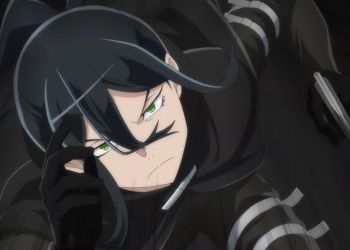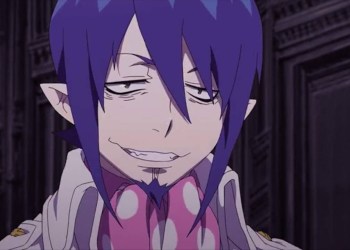Street Kings Ending Explained: Does the End Justify the Means?
Street Kings culminates in a blazing showdown between seasoned LAPD cop Tom Ludlow (Keanu Reeves) and his boss, Captain Jack Wander (Forrest Whitaker), sparking an in-depth conversation about police brutality and corruption.
The film stars pre-MCU Chris Evans, Hugh Laurie, and Terry Crewes and is directed by Suicide Squad director David Ayer.
Street Kings begins with Ludlow being suspected of the death of a fellow officer, and that triggers the detective in him, and he uncovers a toxic maze of mass corruption within his own unit.
The conclusion features Ludlow facing Captain Wander, who pretends to be clueless about Ludlow’s discoveries. However, Wander’s deception is exposed when Ludlow intercepts a text message from Wander’s phone, ordering Sgt. Clady to kill Ludlow and frame him for Wander’s scheme. This starts a climactic fight between the protagonists, which ends with Ludlow handcuffing Wander to the stairs.
Wander asks him to go to the fireplace and break the wall behind it. There, he finds a hidden stash of millions of dollars in illegal goods, drug cash, and payoffs. Wander says that this is his “crown” that makes him the “king” of the city. Basically, he uses it to fund nefarious acts like covering up police crimes, helping retired officers, and taking care of medical and legal bills.
Wander uses his dirt money on the city’s big shots and power brokers to make himself rich and influential. He shares the spoils with the LAPD cops who follow his twisted code of putting police interests above all else. Ludlow and any other dissenters are used as scapegoats for the crimes of corrupt cops like him and his team.
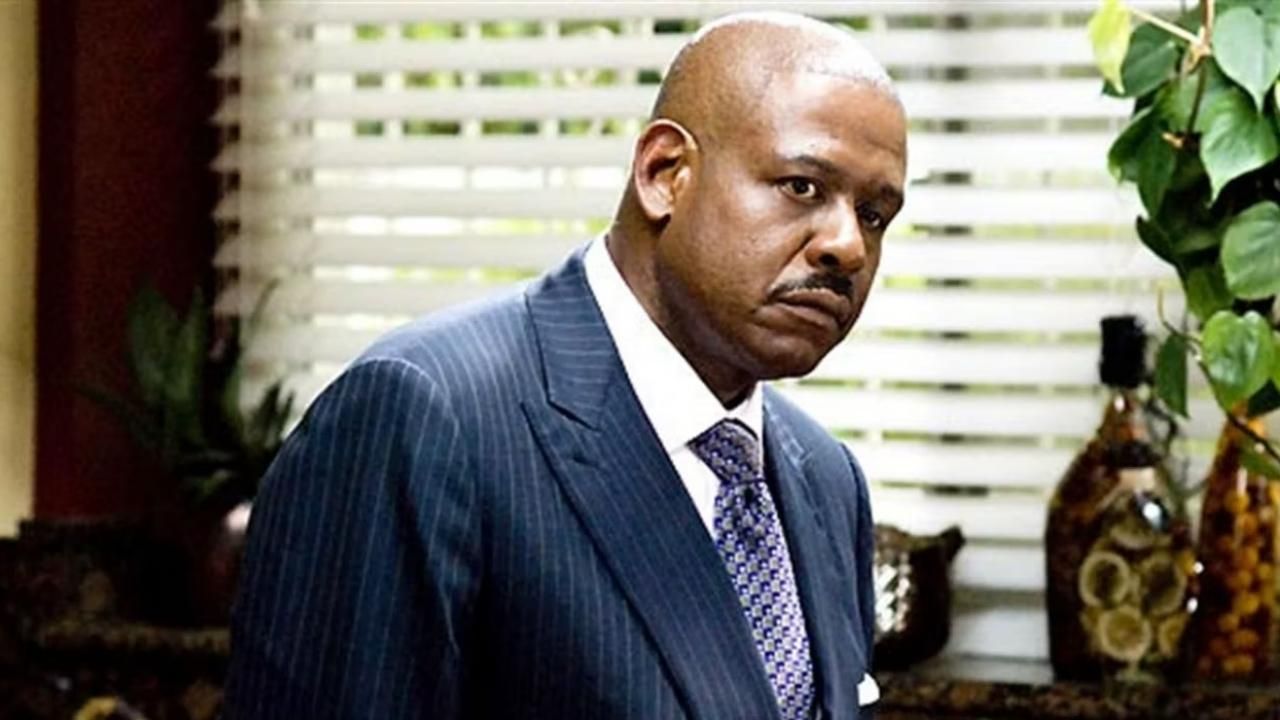
So, does the end justify the means for Wander?
Wander believes that he is doing the right thing by being corrupt because he thinks that no one else cares about the cops.
He tells Ludlow that any other public servant would do the same if they could, suggesting that corruption is not only unavoidable but justified by the lack of support they receive. Wander sees himself as a hero, fixing a problem the government should have solved. However, they chose to ignore it, and he took the mantle into his own hands.
Wander’s logic is completely flawed because he becomes a lawbreaker himself in this process but convinces himself by saying that the end justifies the means.
He shifts the responsibility to others for not caring enough about the cops and looks the other way regarding the consequences of his actions.
His corruption costs the lives of honest cops like Detective Diskant, who pay the price for his greed.
The Captain’s thought process is lethal because it gives too much power to people who can decide who lives and dies based on their own rules. He doesn’t care about the balance and accountability that should come with such power and responsibility and sees everyone else as enemies in a war between “us and them.”
On top of that, Wander doesn’t know when to stop. He tells Ludlow that he has big plans for his future, not just as a police chief but also as a mayor of LA.
This shows that he will stop at nothing to achieve his goals, no matter the cost. He only cares about himself and uses his botched morale to justify his actions.
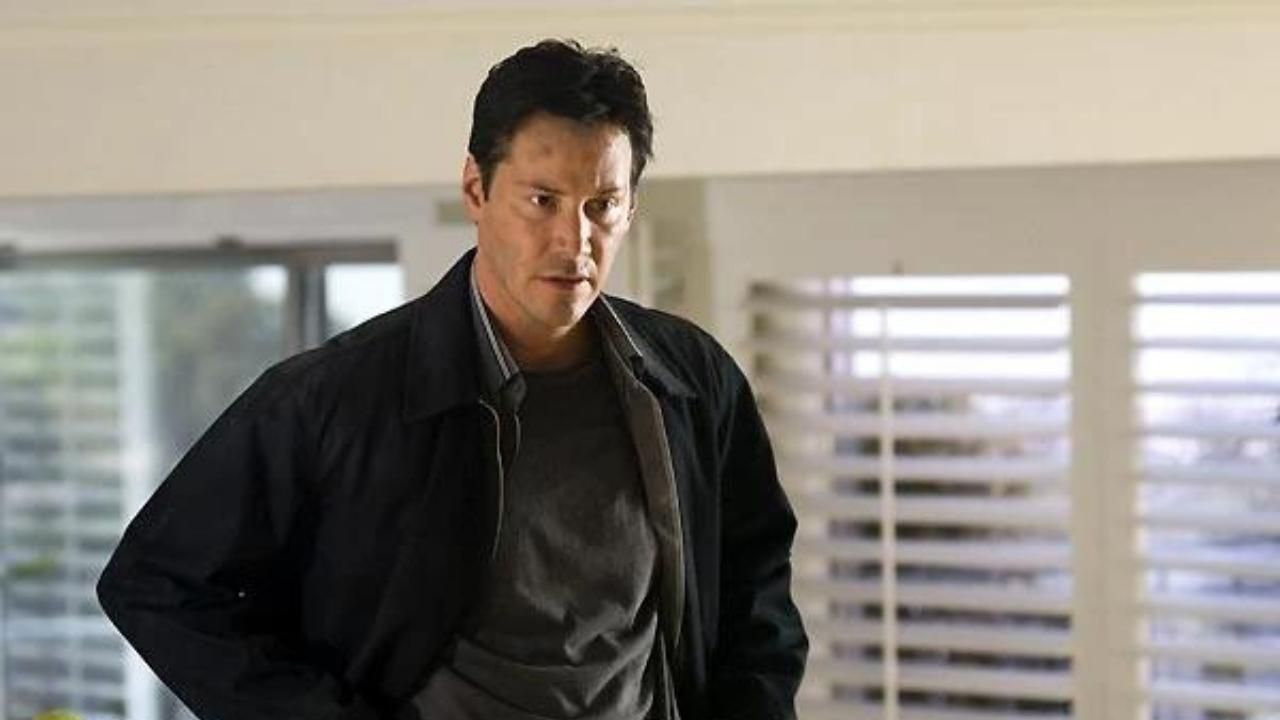
The conclusion of Street Kings has a fascinating conversation between Ludlow and Wander. At one point, Ludlow asks his Captain, “What happened to just locking up bad people?” Wander replies solemnly, “We’re all bad, Tom.”
Wander thinks Ludlow is on his side because he has gained from Wander’s actions all along, even when he got away with serious crimes in his long career with the LAPD.
From Wander’s perspective, Ludlow is just a naive cop whose morals are preventing him from seeing reality as it is.
Street King clarifies that Ludlow hasn’t always been a good cop, and Wander uses his sullied reputation to bring him down in the finale.
Wander says that Ludlow’s sudden shift in allegiance doesn’t excuse his dodgy past and uses Ludlow’s internal conflict to make him see his botched logic.
Wander had to play a dangerous game as Ludlow dug deeper into the dark secrets of the department and his own squad. He framed his undercover agents as corrupt, knowing they had gone too far to be trusted, and exploited Ludlow’s insecurities and his longing for a true friend to make his ends meet.
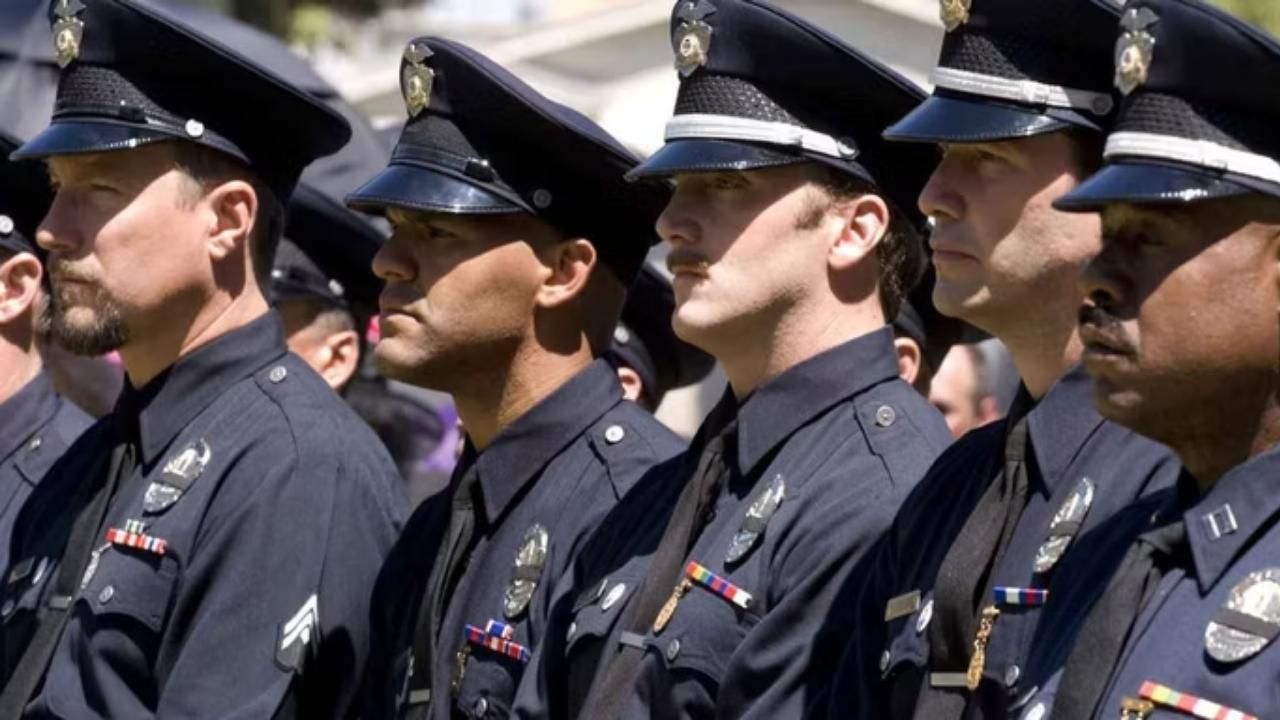
The notion of the “thin blue line” often denotes a symbolic boundary that preserves the stability and civility of society, with the blue alluding to the hue of a police officer’s attire.
However, in some instances of corruption, this term has acquired a different connotation, implying a division that separates them from the common people, symbolizing an exclusive section of the society.
This poses a grave threat when the “thin blue line” fosters an antagonistic outlook in officers who will favor and perpetrate acts of violence and corruption if it serves their interests.
Street Kings is among the rare films exploring this ambiguous morality of the police force and the changing significance of their oath.
Whitaker’s portrayal of Captain Wander, though exaggerated in his final scenes, evokes some compassion and justification, as his intentions are not entirely wicked, but his actions are utterly indefensible.
However, it compels Ludlow to examine his own misconduct and choose to be a more honorable and upright officer who genuinely adheres to the principles and comprehends the immense accountability of his role.
Mayor of Kingstown S2 Episode 6: Release Date, Recap, and Speculation
About Street Kings
Street Kings is a 2008 American action thriller film directed by David Ayer, and starring Keanu Reeves, Forest Whitaker, Hugh Laurie, Chris Evans, Common and The Game. The initial screenplay drafts were written by James Ellroy in the late 1990s under the title The Night Watchman.
The film was released in theaters on April 11, 2008, and was followed by a direct-to-video stand-alone sequel Street Kings 2: Motor City in 2011, with Clifton Powell returning as a corrupt cop.
Sometimes we include links to online retail stores and/or online campaigns. If you click on one and make a purchase we may receive a small commission. For more information, go here.
